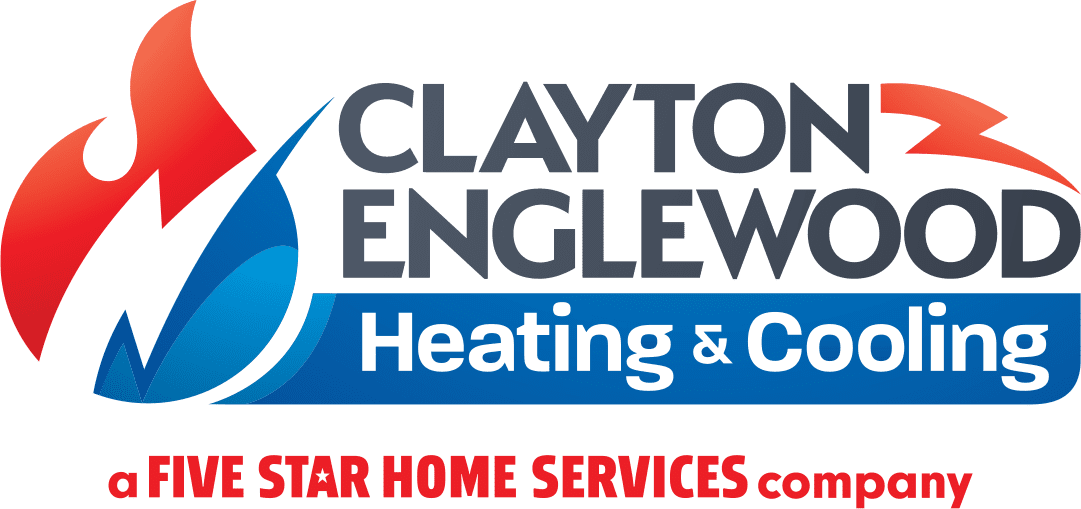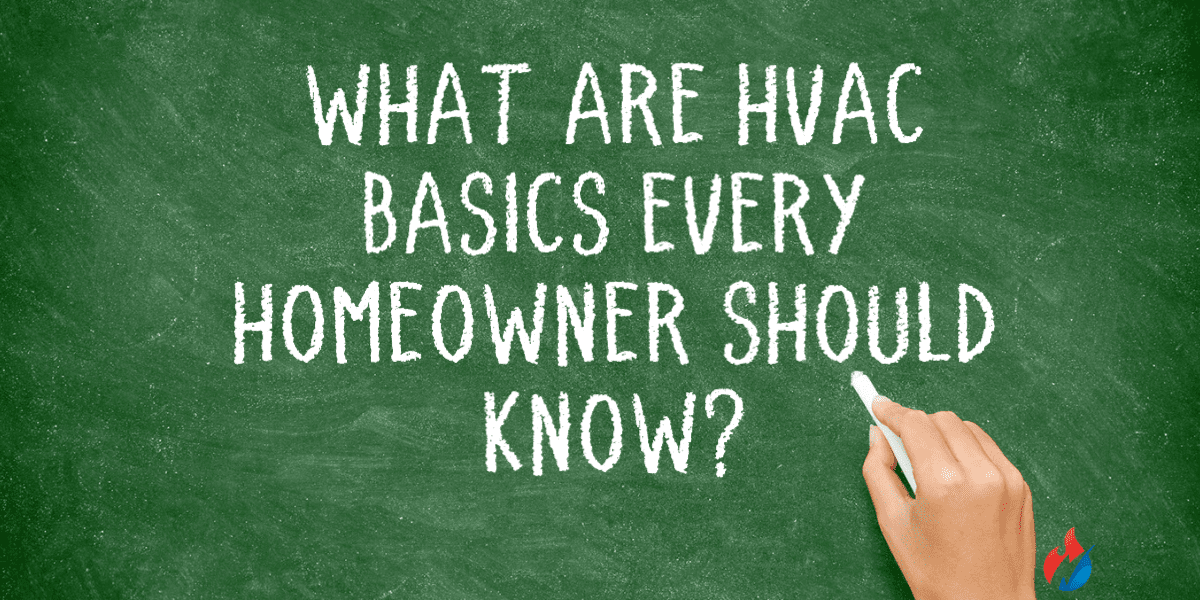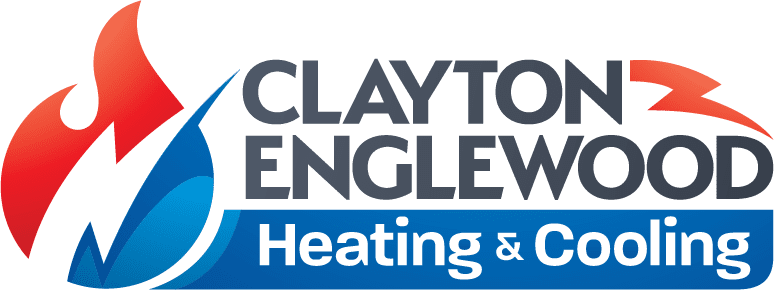This spring season, Clayton-Englewood Heating & Cooling wants to jump ahead of the game and help our customers understand and know the basic information required to keep their residential HVAC systems in tip-top shape. As a homeowner, knowing the HVAC basics will aid in utilizing your HVAC system to its fullest potential and prolong its lifespan.
To start, you should ask yourself these 5 questions to better familiarize yourself with the basics every homeowner should know about their HVAC system:
What Type of HVAC System Do I Have?
HVAC mishaps never happen at opportune times. Of course, you can prepare as much as possible, but life will always throw a curveball at you when you least expect it. For this reason, you can stay ahead of the game by knowing basic details about each of your heating and cooling units. For example, what type of air conditioning system do you have in your home? Does it run by way of forced air, or is it centralized? Is your furnace electric or gas? If you don’t know the answer to these questions, we suggest finding out as soon as possible. Waiting until something occurs with your system will only add further stress to an already stressful situation.
What is the Age of My HVAC System?
Next, you should know how old your HVAC system is. As time passes, your HVAC system’s efficiency will decrease. Technology is the main factor for this as energy efficiency develops. So if you have an older furnace or AC unit, you may want to consider upgrading to an energy-efficient in the near future. Older units consume large amounts of energy that reflect on your energy bills. So even though you think you may be getting the most out of your current, older unit, you are actually paying more for it in energy costs alone.
How Can I Make Sure My HVAC System Is Used to Its Fullest Potential?
You can do several things to ensure your HVAC system is maximized to its fullest potential. Here are a few tips & tricks:
- Regularly inspect any exposed ductwork for holes, gaps, or openings. You don’t want air leaks in your ductwork!
- Check to see how thick the insulation is in your attic or other areas where your home may have insulation (i.e., crawlspaces, etc.). Professionals say insulation in a home needs to be 10-14 inches thick.
- Smart thermostats such as the Nest Learning Thermostat are an excellent and energy-efficient way to reduce energy consumption.
How Often Should I Change My Air Filter?
Our NATE-certified technicians recommend homeowners change their air filters every 30-60 days. An air filter’s job is to trap and hold air pollutants. So, if neglected, buildup will occur and can hinder your HVAC system’s ability to function correctly. In addition, clogged air filters can lead to many HVAC issues. You can nip this problem in the bud by simply changing the air filters as recommended.
When Should I Get My Units Serviced?
Both your AC unit and furnace need to be serviced at least once a year. Your furnace should be serviced in the fall, and your AC unit’s maintenance check should be in the springtime. Having these seasonal tune-ups & safety checks is an essential step in practicing preventative maintenance for your residential HVAC system. Doing this as suggested maximizes your system’s efficiency, increases its lifespan, and keeps the manufacturer’s warranty active. It sounds like a no-brainer to us!
You can trust your Clayton-Englewood Heating & Cooling experts for all of your HVAC needs. So if you need to schedule your spring tune-up & safety check, or perhaps you are considering upgrading your HVAC system, we would feel honored to provide you with our five-star customer service! You can contact us at (937) 412-2911 or schedule an appointment online now by clicking here!





